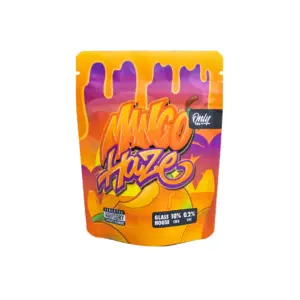An American company has launched a project aimed at developing protocols for hemp carbon credits based on blockchain technology.
Hemp Blockchain, Inc. (HBI), Salt Lake City, Utah, said its “Carbon Protocol Initiative” aims to create standards for the accounting and transparency of net carbon offset credits that industrial polluters can purchase to offset the impact of CO2 generated by their production.
HBI said its cloud-based solution, expected to launch in late 2021, will track carbon sequestration by capturing data from critical points throughout the growing and processing stages, with sequestration and emissions recorded on the blockchain.
Carbon tokens
This will allow farmers to optimize their operations and build trust in carbon credits among processors, manufacturers, and retailers, the company said. HBI intends to tokenize sequestration information according to the protocols.
“Now freed from restrictive federal regulations, industrial hemp is poised to become a significant factor in renewable energy, regenerative agriculture, human health, and many other areas,” said Dan Higbee, HBI president and CEO. “And the revenue from carbon offset credits provides a strong additional incentive to grow industrial hemp.”
Enter blockchain
Blockchain solutions are slowly making their way into the industrial hemp supply chain. Austin, Texas-based Hempliance Inc. launched a sheet of digital route based on blockchain for hemp production late last year that tracks the chain of custody of hemp crops.
The Vermont Agency of Agriculture, Food and Markets is using a solution Blockchain-based technology company Trace Exchange as a management system for its hemp program, as the state seeks to streamline the process of secure transactions.
In Europe, a Dutch trade group has developed a blockchain-based tool that allows consumers to track CBD throughout the supply chain to ensure they receive products that are properly labeled, meet strict quality requirements, and come from EU-approved hemp varieties.

























